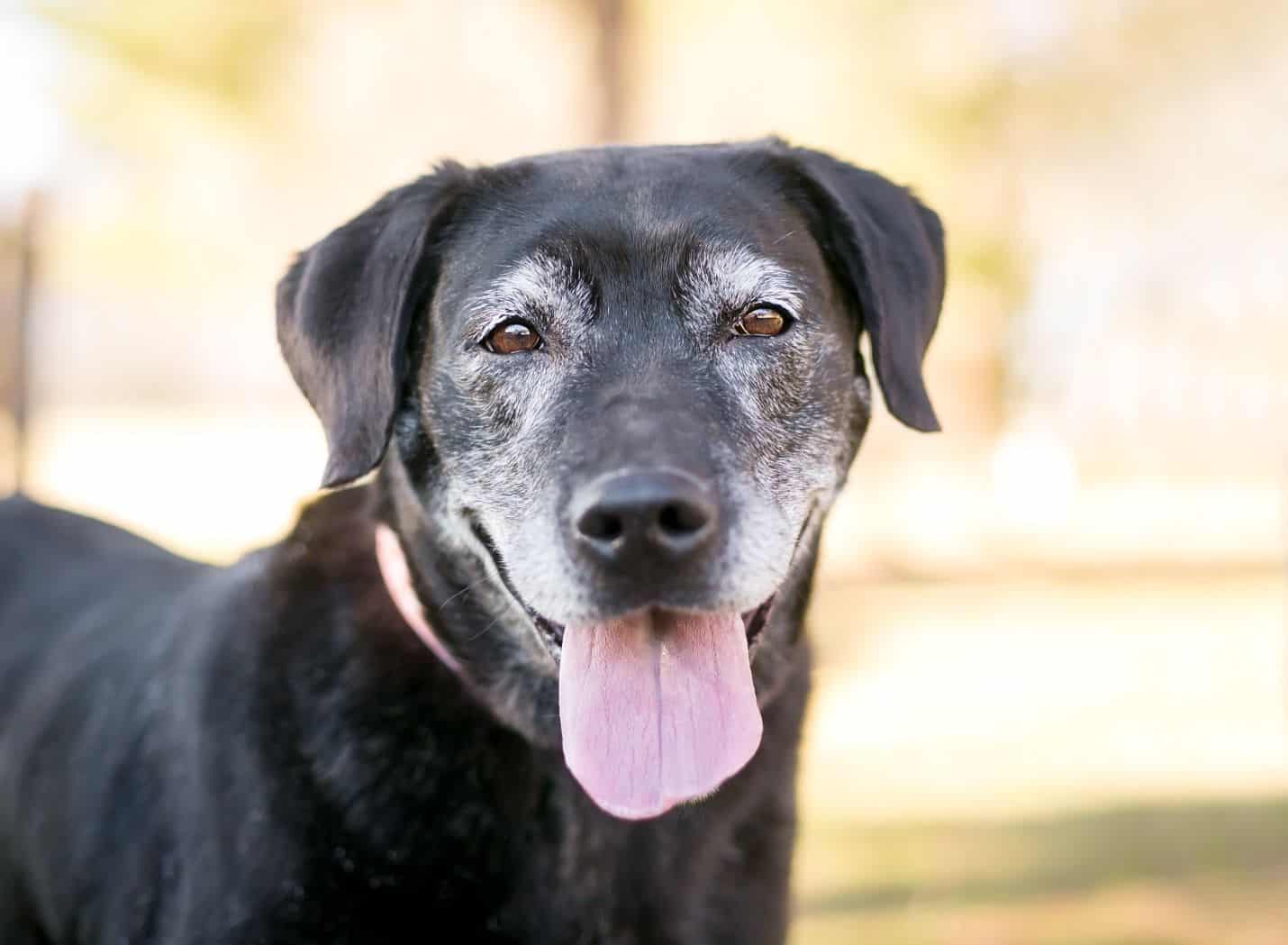The Most Common Health Issues for Senior Pets, and How to Prevent Them

Aging can really creep up on pet owners, especially because the process can be incredibly subtle, unpredictable, and inconsistent. Some animals age quite well, or at least successfully hide symptoms, and their owners don’t fully realize that their best friend is slowing down.
Around age 7, senior pets should be examined twice a year so that age-related conditions can be detected early. When the most common health problems for senior pets are addressed early on, you can prevent them from impacting your pet’s lifespan.
Accelerated Timeline
Our pets age at a faster rate than humans. As a result, most of us outlive the pets we cherish. The good news is that we can do a lot to influence how they age, and our efforts may even add to their longevity.
Many larger breeds have shorter lifespans than smaller breeds. Accordingly, they may reach their senior years before age 7. Our team works closely with a pet’s family members to ensure that the care and support they need is aligned with their unique breed and aging process. Needs vary between pets, and we customize our wellness care to every individual.
Common Health Issues for Senior Pets
Most animals will experience some form of joint pain and/or stiffness that comes and goes. The joints typically bear weight, such as the hips, knees, shoulders, and elbows. They may show resistance to jumping, getting down from higher surfaces, exercising, and playing.
Arthritis and joint pain can get worse if the body stops moving. We recommend slight adjustments to your pet’s daily workout routine, but try not to let them skip their walk or play time. Movement will help their joints stay supple and flexible, and will decrease any signs of stress and depression. Medication, nutritional supplements, diet, and environmental aids help reduce symptoms.
Obesity and Diabetes
Weight gain is one of the most common health issues for senior pets. Connected to various associated health conditions, including diabetes, heart disease, and arthritis, obesity is worth preventing. As pets start to slow down, they burn less calories. However, if their meal portions and snacks stay the same they are simply consuming too many calories.
Lumps and Bumps
Not all growths are dangerous. In fact, many pets develop fatty tumors, or lipomas, as they age. However, we do recommend an examination to measure and palpate any sudden growths on your pet’s body. Testing can help us determine the cause of a lump and, if needed, we can move quickly toward treatment.
Changing Functions
Senior pets may lose some hearing and vision as they age. Sometimes, these can be the result of undiagnosed health conditions, such as glaucoma, hypothyroidism, or infection. We can help you get to the bottom of causes, provide treatment, and assist you with environmental factors that will improve their quality of life at home.
Similarly, you may notice that your senior pet experiences frequent urges to go to the bathroom or loses their ability to hold it. These are normal parts of the aging process, and we can help you adjust to the new normal with specific strategies.
Please call us at (989) 340-0975 with any questions or concerns. Together, we can prevent and support the most common health issues for senior pets. Switzer Veterinary Clinic is always here for your pet.

